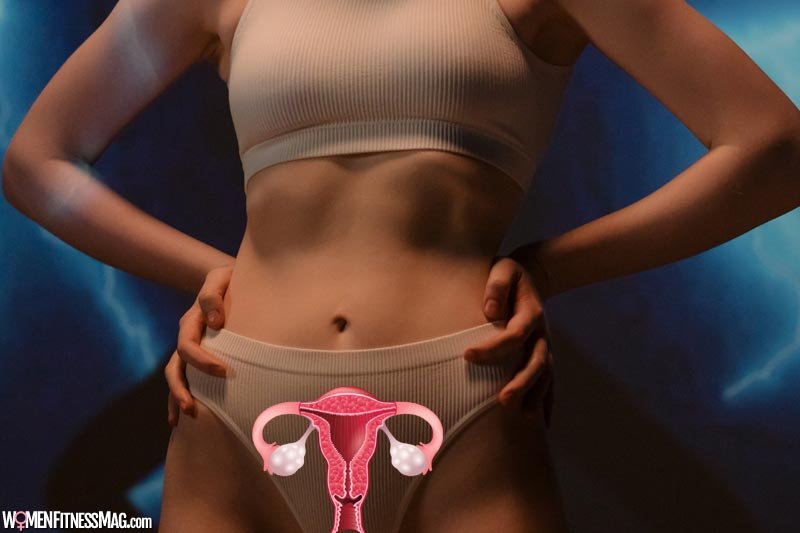The Debate of Hysterectomy: Is It Right for You? : A hysterectomy is one of the most personal and important decisions a woman can make in her lifetime. While there are many reasons why women may choose to undergo a hysterectomy, it can also be an emotionally difficult procedure for many to consider or go through.
It’s important to understand the pros and cons of hysterectomy surgery and to be confident in the decision you make for your health. Prior to deciding whether a hysterectomy is right for you, it’s essential to understand what the procedure entails and why it may be recommended.
Understanding the Basics of Hysterectomy
Hysterectomy is the surgical removal of a woman’s uterus. Depending on the reason for the procedure, part or all of the uterus may be removed. In some cases, a hysterectomy can also include the removal of one or both ovaries and fallopian tubes. Hysterectomy outpatient surgery is an option for many women, allowing them to go home the same day of their procedure.
There are three types of hysterectomy procedures:
- Total hysterectomy- The removal of the uterus and cervix.
- Subtotal or supracervical hysterectomy – The removal of the uterus, but not the cervix.
- Radical hysterectomy – The removal of the uterus, cervix, and surrounding tissue.
Potential Benefits of Hysterectomy
Hysterectomy can be an effective treatment for a number of medical conditions, including:
- Uterine fibroids
- Endometriosis
- Uterine prolapse
- Abnormal uterine bleeding
- Pelvic inflammatory disease
Additionally, many women report improved quality of life after a hysterectomy, as it can provide relief from pain and other symptoms associated with the aforementioned conditions.
What to Expect During and After the Procedure
If you’re considering a hysterectomy, it’s important to discuss the risks and benefits with your doctor. Depending on your individual circumstances and health history, you may be recommended for an open procedure or laparoscopic (minimally invasive) surgery.
You can expect to stay in the hospital for 1-2 days following open surgery, while laparoscopic procedures may only require an overnight stay. Recovery typically takes 4-6 weeks, though individual experiences may vary depending on the type of procedure performed.
Alternatives to Hysterectomy
It’s important to understand that a hysterectomy is not the only treatment option available for some conditions. Depending on the severity of your condition, there may be other treatments or management options that can offer relief without the need for surgery. Additionally, if you are hoping to preserve fertility after a hysterectomy, it’s important to discuss reproductive options with your doctor prior to undergoing surgery.
Making the Decision for Yourself
Ultimately, it’s up to you and your doctor to decide whether a hysterectomy is in your best interest. It’s important to understand the risks and benefits of any surgical procedure before making this decision. Additionally, it’s important to discuss other treatment options or management strategies with your doctor before making this decision.
Hysterectomy is a major surgery that can have lasting effects on your health and quality of life. Be sure to make an informed decision about whether a hysterectomy is right for you. Do your research, and be sure to ask your doctor any questions you may have. With the right information, you can make the decision that’s best for your own women’s health.
Related Videos about The Debate of Hysterectomy: Is It Right for You? :




